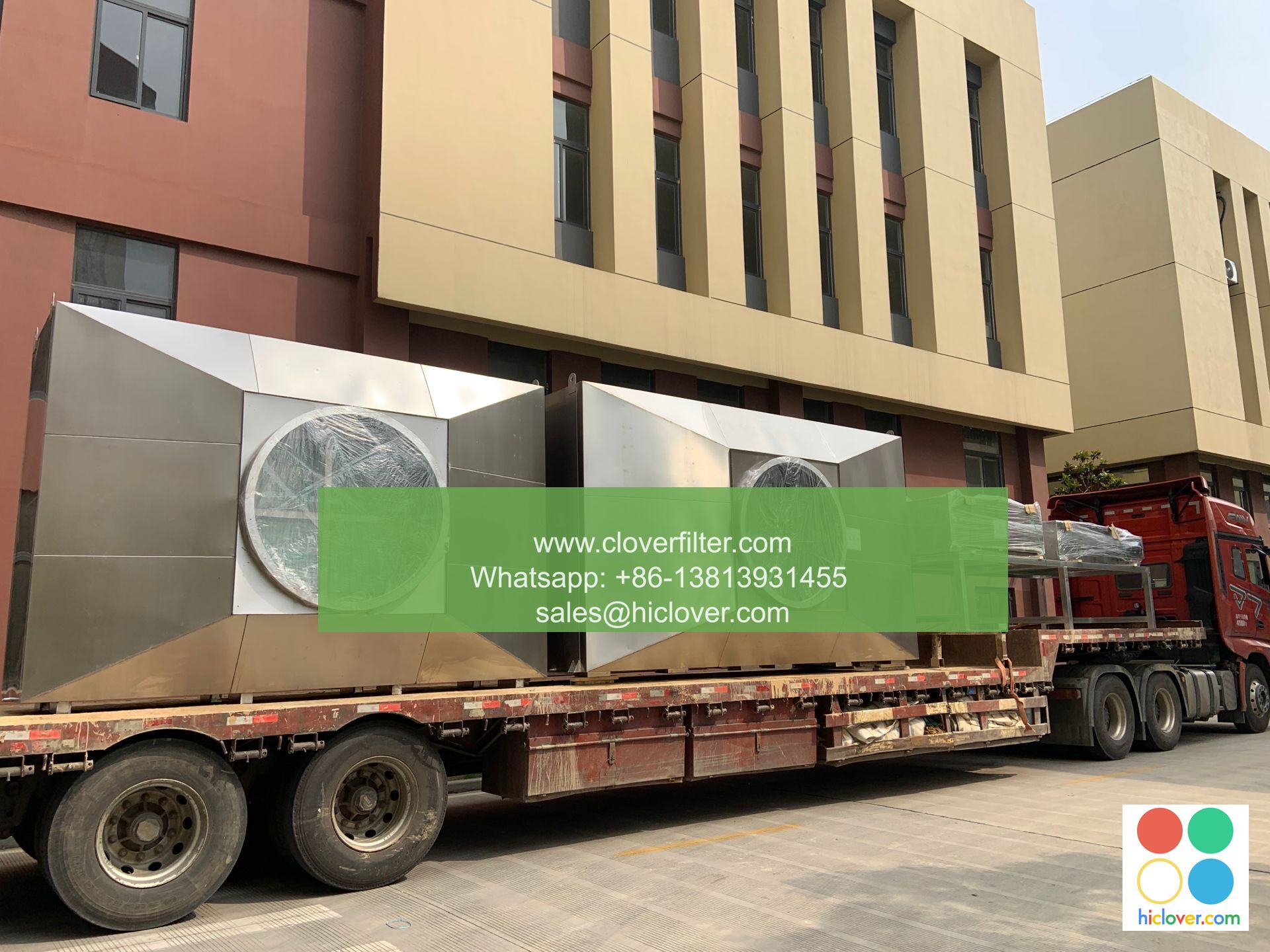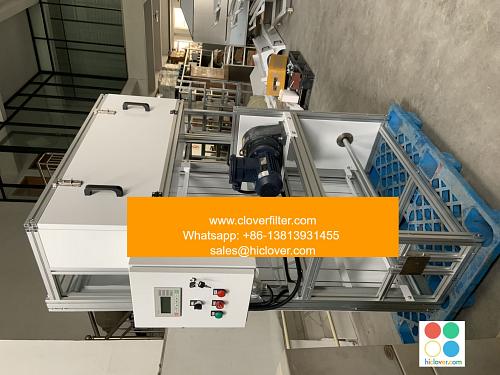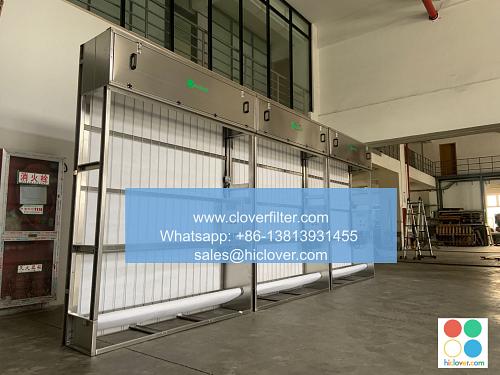Reducing Energy Costs with Automatic Roll Air Filters in Richmond Hill Pharmaceutical Facilities

The pharmaceutical industry is one of the most energy-intensive sectors, with facilities consuming large amounts of energy to power equipment, lighting, and heating, ventilation, and air conditioning (HVAC) systems. In Richmond Hill, pharmaceutical facilities are no exception, and reducing energy costs is a top priority to improve profitability and competitiveness. One effective way to achieve this goal is by installing automatic roll air filters, which can help minimize energy consumption while maintaining high indoor air quality (IAQ) standards.
Understanding the Role of Air Filtration in Pharmaceutical Facilities
Air filtration plays a critical role in pharmaceutical facilities, where the quality of the air can directly impact the production of medicines and the health of employees. The air in these facilities must be free from contaminants, such as dust, pollen, and other airborne particles, to prevent cross-contamination and ensure the integrity of the products. Automatic roll air filters are designed to capture these particles and provide a clean and healthy environment for pharmaceutical manufacturing.
Benefits of Automatic Roll Air Filters in Pharmaceutical Facilities
The installation of automatic roll air filters in Richmond Hill pharmaceutical facilities can offer several benefits, including:
- Improved Indoor Air Quality (IAQ): Automatic roll air filters can capture up to 99.97% of particles as small as 0.3 microns, ensuring the air in the facility is clean and free from contaminants.
- Reduced Energy Consumption: By minimizing the resistance to airflow, automatic roll air filters can help reduce the energy required to power HVAC systems, resulting in lower energy costs.
- Extended Filter Life: Automatic roll air filters can last up to 2-3 times longer than traditional filters, reducing maintenance costs and the need for frequent filter replacements.
- Increased Productivity: By providing a clean and healthy environment, automatic roll air filters can help improve employee productivity and reduce absenteeism due to respiratory problems.
- Cleanrooms: Automatic roll air filters are ideal for cleanrooms, where the air must be extremely clean and free from contaminants.
- Laboratories: Laboratories require precise control over air quality, and automatic roll air filters can help maintain the necessary standards.
- Manufacturing Areas: Automatic roll air filters can be used in manufacturing areas to capture particles and prevent cross-contamination.
- Storerooms: Storerooms can also benefit from automatic roll air filters, which can help maintain a clean and dry environment for stored products.
- Regular Maintenance: Regular maintenance is essential to ensure the optimal performance of automatic roll air filters.
- Proper Installation: Automatic roll air filters must be installed correctly to ensure they function as intended.
- Monitoring and Testing: The air quality in pharmaceutical facilities should be regularly monitored and tested to ensure the automatic roll air filters are working effectively.
Application Areas for Automatic Roll Air Filters in Pharmaceutical Facilities
Automatic roll air filters can be applied in various areas of pharmaceutical facilities, including:
Best Practices for Implementing Automatic Roll Air Filters in Pharmaceutical Facilities
To get the most out of automatic roll air filters, pharmaceutical facilities in Richmond Hill should follow best practices, including:
Conclusion
Reducing energy costs is a top priority for pharmaceutical facilities in Richmond Hill, and installing automatic roll air filters can be an effective way to achieve this goal. By improving indoor air quality, reducing energy consumption, and extending filter life, automatic roll air filters can help pharmaceutical facilities maintain high standards of quality while minimizing their environmental impact. By understanding the role of air filtration, benefits, and application areas, and following best practices, pharmaceutical facilities can optimize their use of automatic roll air filters and reduce energy costs.


